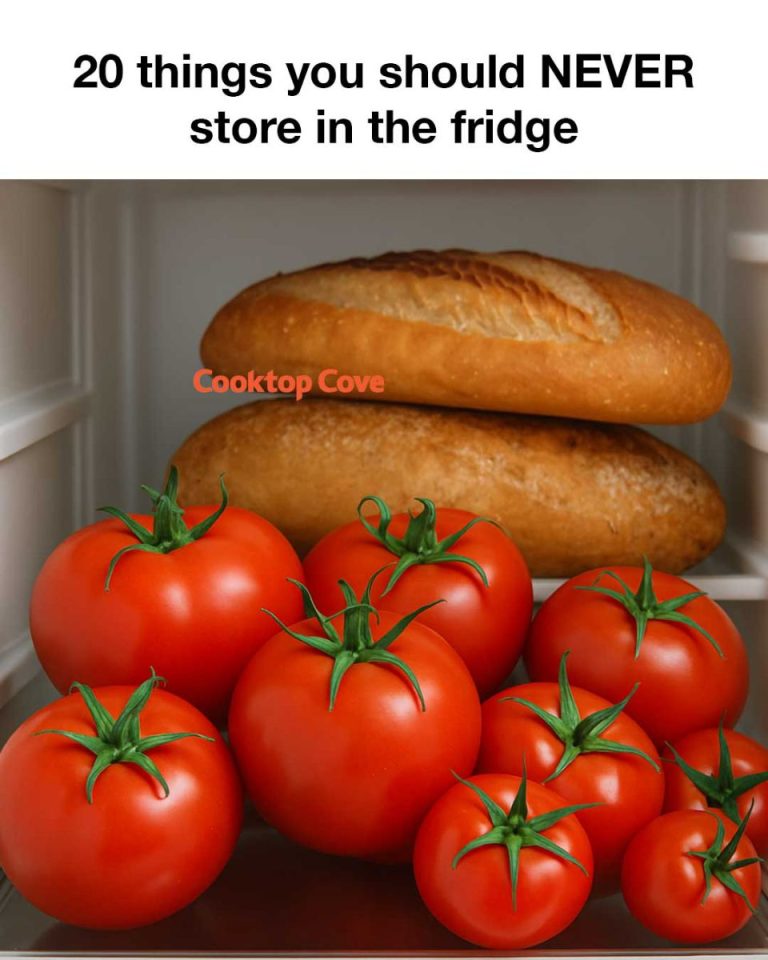1. Why Bread Should Stay Out of the Fridge
Storing bread in the fridge can cause it to become stale more quickly due to the crystallization of starch molecules. The cold temperature accelerates this process, leading to a dry and crumbly texture. Instead, keep bread at room temperature in a bread box or a paper bag to maintain its freshness.
2. The Effects of Cold on Tomatoes
Refrigerating tomatoes can alter their texture and flavor. The cold temperature can cause the cell walls to break down, resulting in a mealy texture. Additionally, refrigeration can mute the natural flavors of tomatoes. It’s best to store them at room temperature, away from direct sunlight, to allow them to ripen naturally.
3. Onions and Refrigeration: A Bad Combination
Onions absorb moisture easily, and the humidity in the fridge can make them soft and moldy. The cold can also affect their flavor. Store onions in a cool, dry, and well-ventilated place, such as a pantry, to keep them fresh and flavorful.
4. The Case Against Refrigerating Potatoes
Refrigerating potatoes can cause their starches to convert to sugar more quickly, leading to a sweet taste and discoloration when cooked. This can also affect the texture, making them gritty. Store potatoes in a cool, dark place, like a pantry or cellar, to maintain their quality.
5. Coffee Storage: Keep It Cool, Not Cold
Refrigerating coffee beans or grounds can cause them to absorb moisture and odors from the fridge, affecting their flavor. Instead, store coffee in an airtight container in a cool, dark place to preserve its freshness and aroma.
6. Honey: Natural Preservation Without Refrigeration
Honey is a natural preservative and does not need refrigeration. Storing honey in the fridge can cause it to crystallize and become thick. Keep honey in a tightly sealed jar at room temperature to maintain its smooth texture.
7. Avocados: Ripening and Storage Tips
Refrigerating avocados can slow down their ripening process, leaving them hard and unripe. It’s best to let avocados ripen at room temperature and only refrigerate them once they are ripe to prolong their shelf life for a few more days.
8. Bananas: How Cold Affects Their Ripening
Bananas are sensitive to cold temperatures, which can disrupt their ripening process and cause the skin to turn brown. Store bananas at room temperature to allow them to ripen naturally. Once ripe, they can be refrigerated to slow further ripening, although the skin may darken.
Recipe continued on the next page
